TEL AVIV — Israel is bidding to be the first nation to emerge from the Covid-19 pandemic by vaccinating the majority of its population in an attempt to return to normality.
The country is currently leading the worldwide inoculation charge: It has administered a vaccination dose to more than 10 percent of its 9 million citizens in two weeks.
That represents a significantly higher proportion than any other nation, according to Our World in Data, a collaboration between researchers at the University of Oxford and the nonprofit Global Change Data Lab.
Israel vaccinated more than 150,000 people on three consecutive days last week, and on Friday, the millionth person was injected with a Pfizer-BioNTech dose. The country has now vaccinated over half of the 2 million at-risk people it considers a high protection priority.
Prime Minister Benjamin Netanyahu, who on Dec. 19 became the first person in Israel to receive a shot, has described the Middle Eastern country as the “champion in vaccines” and said it was “ahead” of the world.
“Maybe we will be the first country in the world to emerge from this coronavirus, and this is very great news for all of us,” the longtime Israeli leader said Tuesday, keen to amplify the positive message in a country that was brought to a standstill by the coronavirus.
Boaz Lev, head of the Israeli Health Ministry’s advisory committee for coronavirus vaccines, puts the country’s success down to its highly organized health care system, early contracts with vaccine manufacturers and government efforts to combat anti-vaccination misinformation, among other factors.
Download the NBC News app for full coverage of the coronavirus outbreak
Israel has also managed to repackage vaccines, allowing their transportation to small and remote places such as nursing homes, rather than requiring people to travel to a limited number of vaccine centers, according to the ministry.
“I really hope we will be the first country to be vaccinated. I hope the whole world will be coming along,” Lev told NBC News. “And it’s not a race against other countries. It’s a race against the virus, so in this race everyone wants to win, and I really hope we will be there as soon as possible.”
Meanwhile, some 700 reserve soldiers are being called up to help quicken the pace of the vaccination drive, while the Israeli military is among the first in the world to begin vaccinating its service members, according to a spokesperson for the Israel Defense Forces.
The country’s quick success is likely also partly due to the number of vaccines it has managed to acquire compared to its population, deals seemingly brokered in part by Netanyahu himself.
“I spoke 13 times with the CEO of Pfizer and several times with the CEO of Moderna,” he said in a speech Thursday.
“We brought millions of vaccines here, more than any other country in the world relative to the population,” he added. “And we brought them to everyone: Jews and Arabs, religious and secular. Everyone can and should get vaccinated.”
And there is a long way to go. Israel recorded 3,977 new positive Covid-19 cases on Sunday, and the country has yet to administer the second Pfizer dose — which is required to ensure immunity — to all 1 million people who’ve had a shot so far.
Nevertheless, Israel is well ahead of the curve as countries scramble to snatch up limited supplies of vaccines and inoculate their populations. Countries across the world may be looking on in admiration — and envy.
In the United States, officials have struggled with the vaccine rollout, blaming everything from snowstorms and the holidays to storage challenges and general inexperience. Analysis from NBC News on Tuesday found that at the current rate, it would take almost 10 years to inoculate enough Americans to get the pandemic under control.
However, Israel, which is a fraction of the size of the United States, may find it easier to vaccinate its population than the U.S., one of the biggest countries in the world with more than 330 million people.
Low- and middle-income countries are also at a disadvantage. COVAX, a World Health Organization-linked initiative to ensure equitable access to vaccines for all countries regardless of income, said last month it plans to enable the 190 participating countries access to doses in the first half of 2021.
Israel’s Palestinian neighbors, for example, currently have no access to a vaccine, meaning Israelis could feasibly return to normal life even as the virus continues to plague Palestinian towns and villages just miles away.
The Palestinian Authority’s health minister, Mai Alkaila, said Monday that health care bodies in the territory were “concerned about the low vaccination rate in Arab society.”
Palestinians living under Israeli control in the occupied West Bank and Gaza are not included in the vaccination drive, prompting criticism that Israel is not meeting its legal obligations.
If pulled off, the ambitious vaccination drive will likely give a boost to Netanyahu ahead of Israel’s fourth election in less than two years slated for late March. The vote is an unprecedented threat to the prime minister’s longtime grip on power and comes as Netanyahu’s corruption trial is set to kick into high gear in February.
Israel’s longest-serving prime minister is charged with fraud, breach of trust and accepting bribes in three long-running corruption cases.
Lawahez Jabari contributed.

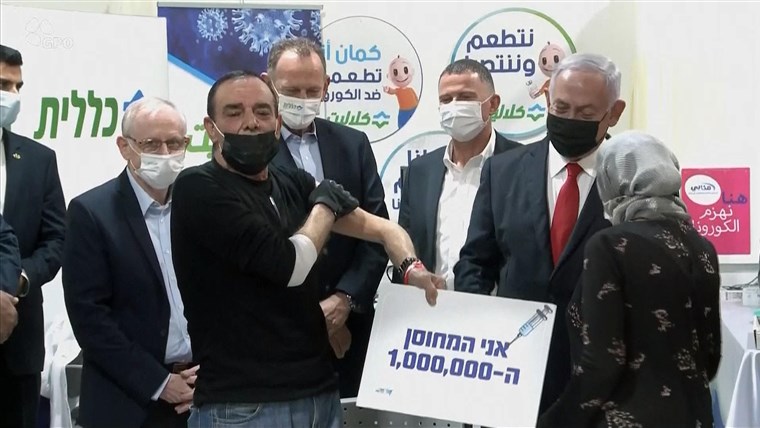

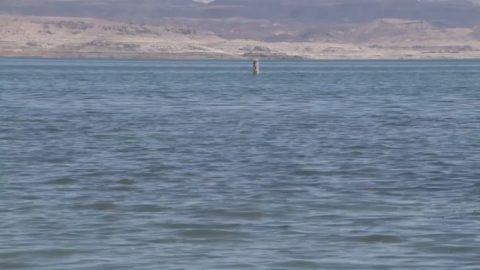


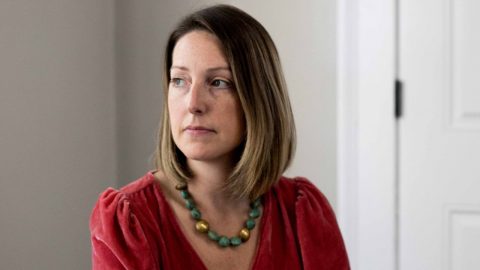
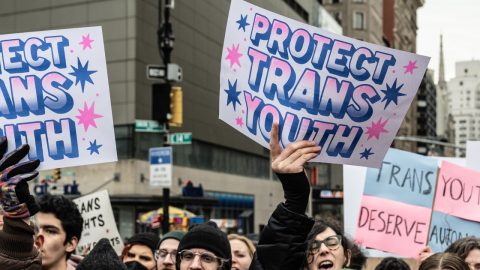
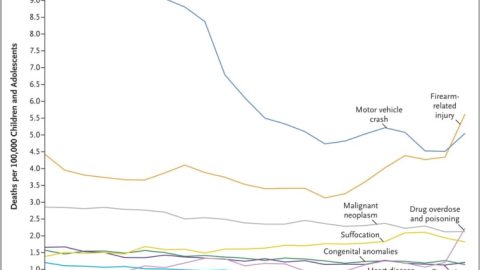

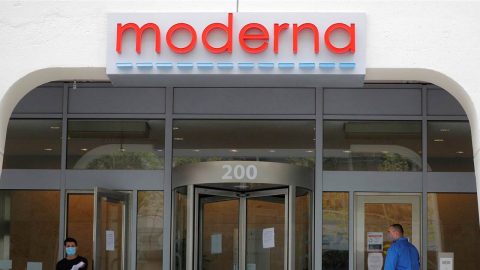
Recent Comments